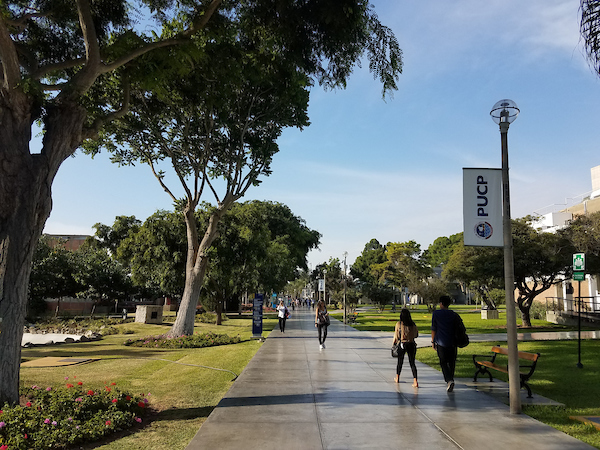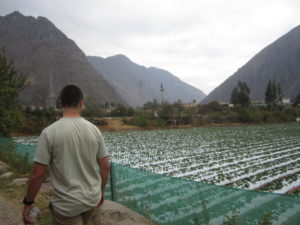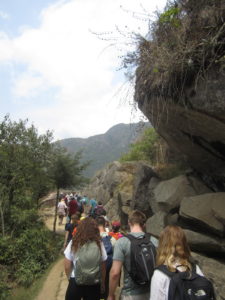Hombres Outnumbered: Men Studying Abroad with IFSA



It’s a common and generally true perception: more women than men study abroad. Based on available statistics using legal sex data, IFSA’s enrollment for the Fall and Academic Year 2019 programs included twice as many female students as male. Current Spring 2020 enrollment currently sits even more unbalanced. On the Fall 2019 IFSA Peru program, there are 14 female students to 3 male.
Why is it that less men study abroad than women? The answer wouldn’t fit within the bounds of this blog post. Instead, we will explore how it is as a man studying abroad in this situation. With the input of the other two male students participating in the IFSA Peru program—Derek and Will—this article will discuss some of the apprehensions, challenges, and even solutions that accompany male IFSA students by nature of being reliably in the minority.
First Impressions

While neither Derek nor Will expected an even gender balance on the program based on previous knowledge about more women than men choosing to study abroad, both were surprised by “the great numerical difference” in the IFSA Peru case, as Derek shared. He continued, “I wasn’t nervous, but I knew that this would make it harder to be included in things.”
And while both say they have felt increasingly comfortable with the IFSA group throughout the three months past in the program, they do feel that the extreme gender imbalance has made them “odd men out” in social circles within the group. Will lamented, “[I] feel that the female majority in the group is generally not very open to interacting much with us outside of our classes,” Derek elaborated, “You don’t get included as much as you normally would because girls don’t want to add one or two guys to a group of five or six girls.” Both shared the observation that the group is not as “integrated” as they had hoped, although that could also be a result of the large group size.
Gender and the Study Abroad Experience

Both Will and Derek agreed that their masculinity has been something they have been more conscious of while in Peru. Besides the obvious IFSA minority, Will explained that he has seen and heard how “being male allows [him] to be more confident getting around the city, especially in more risky parts or at night.” Yet, “other than this, I don’t think there is that much of a difference for males from the United States,” he noted.
Despite their shared sentiments, the two have dealt with their feelings of not fitting in within the IFSA group in different ways. For Derek, “I felt it was important to make local friends anyway,” he emphasized, “But the gender ratio definitely played a part in me securing other friendships,” as he felt incentivized to reach out of the IFSA bubble by the desire to make more male friends. Still, even though for Derek this was a major impulse from early in the program, Will admitted that he hasn’t felt a specific need to branch out to make male friends, adding, “I don’t find that the ratio deters me from spending my time with friends in the program.”